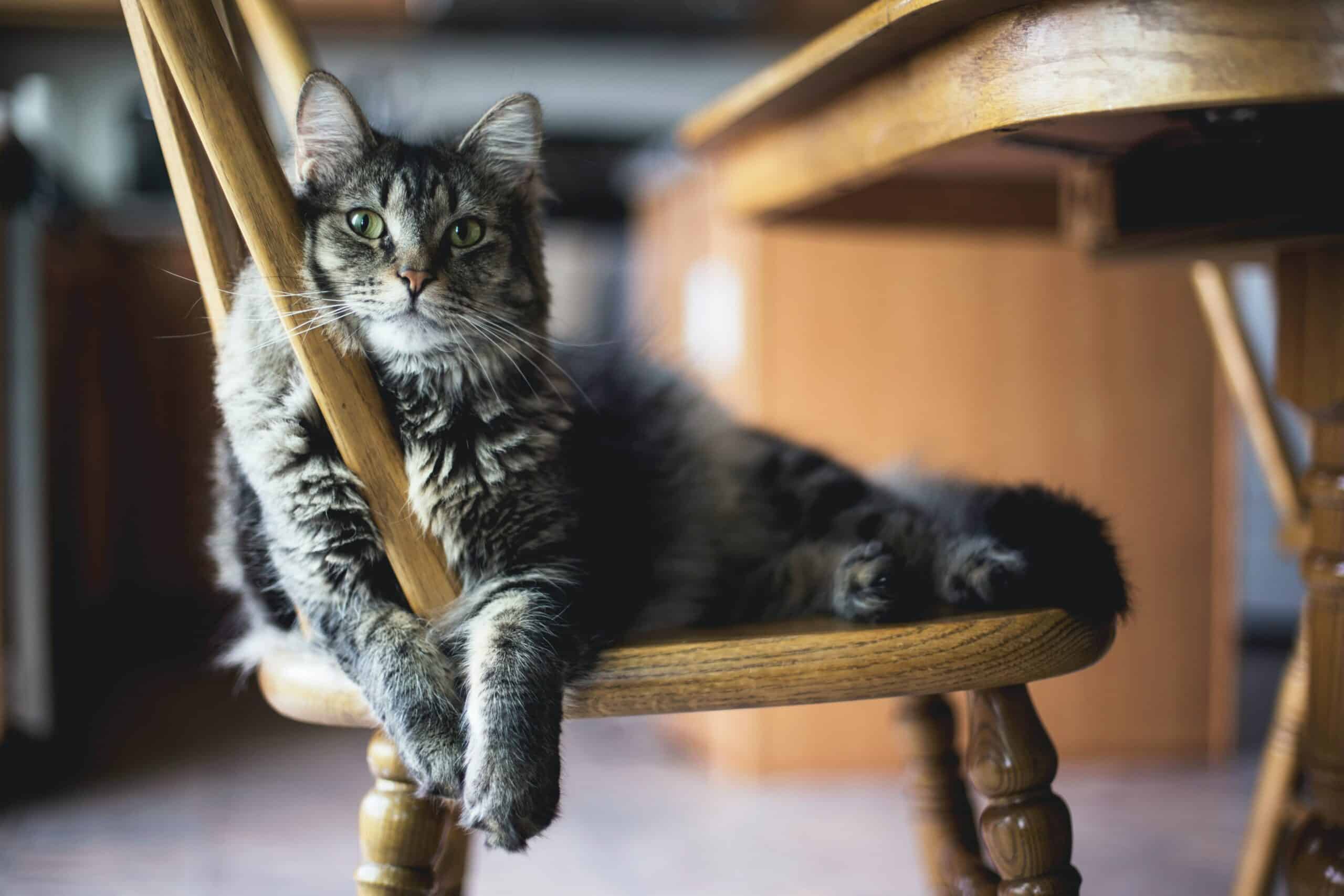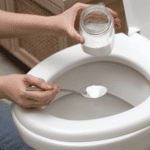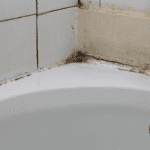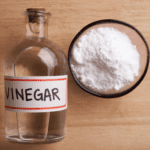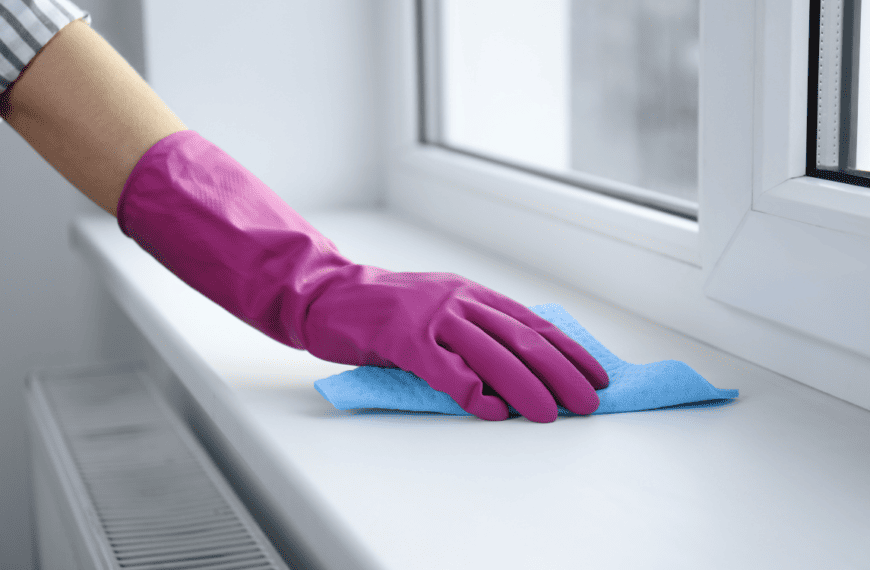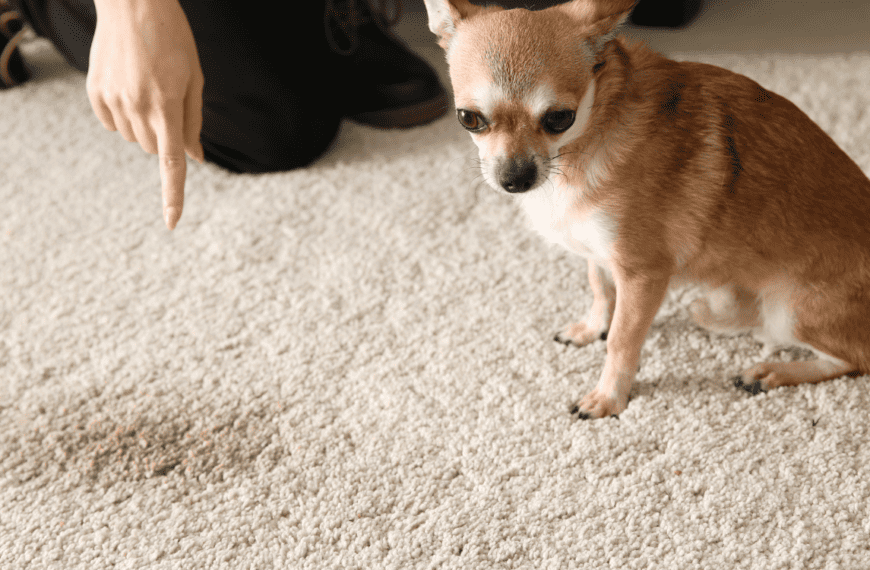Whether it’s the aroma of droppings in the litter box or the harsh stink of cat urine spray outside it, dealing with foul feline smells should rank high on your list of cleaning priorities. Even if you grow nose blind to the scent of your furry friends, it’s unlikely that guests, potential homebuyers, or other pets in the house will be willing to tolerate an off-putting odor.
Unfortunately, removing a cat pee smell is easier said than done. Without the proper approach, your cleaning attempts will be futile at best, and at worst, they’ll make the odor even more powerful. Whether your cat had an accident on the carpet or the indoor air is taking on a general feline aroma, we’ll explain how to remove cat smells and restore a fresher scent to your home.
How to Get Rid of Cat Smell
The faster you can clean up after your pets, the easier it will be to keep away lingering cat odors. Cat urine sinks into materials quickly, penetrating carpets down to the underlayment and couch cushions to the foam core. At that point, the only way to eliminate cat odors will be to replace your carpet padding or furniture parts.
Blotting up spots while they’re fresh will save you money and aggravation when dealing with tough set-in cat urine stains, even if you can’t apply a cleaning solution immediately. After drying up as much cat pee as possible, try these fixes to eliminate the odor.
1. Sprinkle Baking Soda on Carpet and Furniture
Baking soda is a classic solution for dealing with smells throughout the house, so it makes sense that it would work on pet stains on carpet and furniture. The alkaline chemistry neutralizes acidic odors, and its absorbency draws moisture out of materials for hands-free cleanup. Sprinkling baking soda is an effective follow-up after blotting up a cat pee spot and an excellent general deodorizer to remove a cat smell stagnating in the living room.
Cover the smelly area with a generous layer of baking soda. Let it sit for at least 30 minutes before vacuuming it. Baking soda is an excellent first step in treating cat urine because it’s safe, easy to use, and harmless when mixed with most cleaners you might try afterward.
2. Use White Vinegar on Cat Pee Stains
Like baking soda, distilled white vinegar is one of the best DIY solutions for cleaning around the home, and it makes a perfect next step for dealing with a repulsive cat smell from the carpet or sofa. A white vinegar solution can also be a handy cleaner if your cat sprays on the wall.
Mix a solution of vinegar and water in a spray bottle. Spray the urine stain, and let it sit for several minutes. If you use it after sprinkling baking soda, the vinegar will react with any remaining powder that your vacuum missed, helping to lift the stain further. Blot the vinegar with a clean cloth or paper towel, or let it air dry.
If you have no distilled white vinegar, apple cider vinegar can often work in a pinch. Always test your solution on an inconspicuous area before treating the stain. If the vinegar smell bothers you, eliminate the odor with a few drops of your favorite essential oils.
3. Try Hydrogen Peroxide
Hydrogen peroxide is another safe and accessible option known for its stain-lifting and odor-eliminating capabilities. While you should avoid using hydrogen peroxide after vinegar due to its dangerous reaction, it’s a handy alternative when dealing with irritating pet odors.
Mix hydrogen peroxide with water in a spray bottle, adding a few drops of dish liquid, if desired, for a cleaning boost. Spray the cat stain, and let the solution sit for about five minutes. Blot it with a damp cloth until the cleaner is gone.
4. Use Enzyme Cleaners When All Else Fails
An enzymatic or bio-enzymatic cleaner is arguably the best odor-elimination option when your feline friend has an accident on the carpet. An enzyme cleaner uses targeted enzymes and bacteria that break down the uric acid in cat pee to let it evaporate harmlessly.
You can find an enzyme-based cleaner online or in local pet stores and supermarkets. Enzymatic cleaners are a safer alternative to chemical cleaners, and because they remove the urine odor at the source, they can help prevent your cats from remarking in the same spot.
Tips for Keeping Bad Cat Smells Away
The occasional accident will demand swift intervention with DIY or enzymatic cleaners, and frequent accidents might require a trip to the vet. For everyday pet odor stemming from dander, hair, and other debris your cats leave in their wake, some thoughtful upkeep can keep your house smelling clean.
1. Vacuum and Dust Often
Cat hair, dirt, and dander can accumulate quickly with a furry feline in the house. For the persistent general pet smells that result, your vacuum cleaner is one of the most convenient and effective lines of attack.
Vacuum your carpet every few days, and use the upholstery attachment for couches and curtains. You may want to upgrade your vacuum cleaner to a pet-specific model or one with a HEPA filter to speed up the cleaning process and improve the results.
Because you should always clean from top to bottom, dust your bookshelves, counters, and hardwood floors before vacuuming. For convenience, consider using an air purifier with a HEPA filter, a valuable tool proven to help reduce allergens and unappealing cat smells.
2. Pull Out the Carpet Cleaner
Carpeted areas are the most likely place to develop a strong odor from cats, either from accidents or debris shed during daily activity. While you should be vacuuming 1–2 times weekly, a carpet cleaner will grab deep-down dirt and odor-causing particles.
Shampoo your carpet with a carpet cleaner at least 3–4 times a year. Use it as necessary if cat pee smells appear in the house but you can’t find the affected area. Carpet cleaners can often utilize an enzyme cleaner, making them a great option to get rid of any trace of cat urine in only a few hours.
3. Wash Pet Bedding Regularly
Your cat’s smell will sink into the surfaces where it sleeps and plays. Upholstered furniture, cat beds, cat trees, and bedding may need more frequent cleaning to prevent tough odors from setting into the fabric.
Washing what you can in the washing machine is the easiest way to deal with unpleasant odors. While you should be washing your bed linens at least once a week anyways, you may also be able to toss furniture cushion covers and your cat’s bed cover in the laundry every 2–3 weeks to keep them fresh. Check manufacturer’s care labels, and be careful with natural fibers that may shrink or warp in the wash.
If you have a feral cat with an outdoor shelter, we recommend that the feeding station and the shelter be deep cleaned twice a year. At a minimum, you should clean the shelter once a year by replacing the straws or laudering the pet pad.
4. Clean the Cat’s Litter Box
As the primary source of a nasty cat odor in most homes, the litter box should be a priority in keeping your home smelling fresh. In order to remove cat smell, get rid of cat urine and feces clumps daily, and perform a complete litter change at least two times a month.
There are several ways you can improve your pet’s litter box habit when they frequently potty outside of it. Unscented kitty litter is an excellent start, as your cat may dislike the smell of the box. Give your pets privacy and ownership by using multiple litter boxes if you have more than one cat. Use enough litter boxes for each of your cats, plus one extra.
Frequent spraying outside the cat’s litter box should spur a conversation with your vet. Aggression, stress, and communication, especially from unneutered males, are common causes of cat spray, but it can also be related to a deeper issue. Your cat may be showing signs of a UTI, kidney disease, diabetes, or a host of other potentially severe health problems. Following up with the vet as soon as possible is critical if your cat’s litter box habits change suddenly.
5. Groom Your Cat
Through proper grooming, you can eliminate many offensive odors at the source and save yourself trouble cleaning the home. Long-haired cats should ideally have daily grooming, while shorter-haired cats can use weekly cleanings. Although cats are fastidious groomers, they can use extra help to promote the healthiest coat, get rid of debris and shedding hair, and prevent hairballs.
Don’t forget to brush your cat’s teeth once every 1–2 days. Regular brushing removes plaque and prevents periodontal disease, gingivitis, and recurring bouts of bad breath.
Why Are Cat Urine Odors So Foul?
Cat urine is extra-smelly because of its high urea concentration and unique chemical composition. One essential feature contributing to the smell is felinine. Although the compound is odorless, it degrades into VOCs such as mercaptan, a foul-smelling substance also found in skunk spray. Meanwhile, the bacterial breakdown of urea creates that familiar ammonia-like odor that appears shortly after a cat pees.
Uric acid in concentrated cat urine supplies much of the lingering smells that can last for months or even years. The non-soluble acid crystals form a tight bond with carpet and fabric fibers that can’t often be broken by standard cleaners.
When it gets moist, either from a spill or high humidity, uric acid will reactivate and continue producing an unpleasant odor. Using a steam cleaner as the first line of attack is typically a poor idea because it can often make the urine smell worse.
Will Cat Smell Ever Go Away?
If you’ve tried everything but can’t shake the persistent cat smell wafting through the house, contact a professional cleaning company. Professional cleaners often have the highest-quality urine detection equipment and cleaning materials to remove the toughest cat odors. But for long-term odor prevention, behavioral changes and better grooming practices will be essential.
Book a Professional Cleaner with Anita’s
If you’ve tried everything and still can’t figure out how to eliminate cat odors, let Anita’s help you solve the problem once and for all. It only takes a few minutes to set up a custom cleaning that fits your schedule with our straightforward system. Request a booking today, so you can finally enjoy your cats without the smell.

